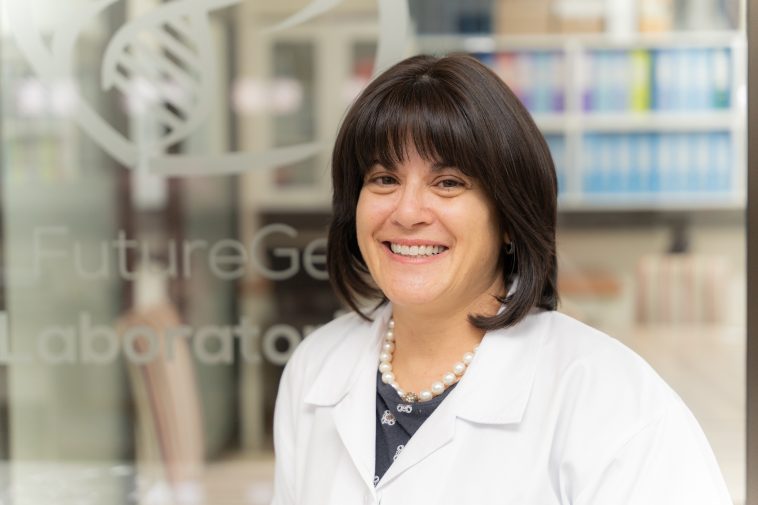By Adele Kazilsky, CEO of FutureGen Labs
Despite the popularity of both religious and non-religious public holidays, they do not last forever. They, like all else in this world, are vulnerable to disorder and the randomness of systems which quietly affect our lives in the background. In some parts of the world, national holidays which have persisted for decades (and centuries) have been reduced to a mere day off from work – think of England’s beautifully named “bank holidays” – or have devolved into an excuse to indulge in traditions which are more fun than pensive (the US has a number of these – some of which have made their way to our shores – including Halloween, St Patricks’ Day, and Valentines Days).
Where blood is tangibly and symbolically linked to the idea of human stamina, a public holiday is intrinsically coupled to a different kind of vitality, one that is dictated by society’s prevailing attitudes, norms, and the collective memory of the citizens who gladly sleep late in celebration.
In South Africa, I would argue, we still have connections to the core of most of our non-religious public holidays, as we are within a few generations of the events that underpin their existence. For example, Freedom Day, is an explicit acknowledgement of this country’s first truly democratic elections a mere 30 years ago – which is shockingly and soberingly recent.
But Freedom Day is more than a celebration of South Africa’s democratic process; it is built upon the idea that choice is as important to our freedoms as access and opportunity. At the national level, the election process is a distillation of choice, making it the perfect poster child for the concept. But it is a concept that we should be more aware of in all aspects of our lives, especially personal decisions that will influence our health, security, and happiness.
Without information, healthcare outcomes become reliant on chance
The concept of choice accompanies the notion of “agency.” However, when a choice is made with little-to-no information or understanding, it becomes rote at best and gambling at worst, stripping some of that precious agency away. Betting blind on a hand of poker is not uncommon, but betting it all on a blind hand is exceedingly rare and exceedingly reckless. With no information, the outcome is reliant on pure luck. If we are unlikely to bet the house on a blind hand, why would we gamble with our and our children’s lives by staying uninformed on matters of existential importance?
For the most part, our perception of our health seems pretty straightforward – as long as we don’t currently feel unwell, we are okay, right? It is only when “normal” starts to feel “abnormal” do we seek out help. But biology operates on levels which we are not normally privy – the adage “out of sight, out of mind” does not apply to our bodies. Just like the quiet background systems and processes which ensure we are able to exercise our choice in this coming election, our genetic realities are equally quiet and vulnerable to seemingly random misfortunes.
Some individuals carry a genetic mutation for specific diseases, and since these mutations don’t cause any symptoms or health problems, they remain hidden away. This occurs when individuals inherit one copy of the mutation – either from their mother or their father, but not both. However, if both partners are carriers of a certain mutation, there is a risk that their children may inherit two copies of the mutation and develop the disease.
Knowing that this is a possibility, and understanding that many individuals are unaware that they may carry genetic mutations for certain genetic disorders, why would we not seek out some assurances? We already screen for a number of disorders and conditions – such as cancer, neurological disorders, and infectious diseases (just think of the precautions we took during the pandemic) – so why do we not screen for genetic mutations which have the capacity to drastically and destructively influence our lives? Sure, an ounce of prevention is worth a pound of cure – but if you do not know what you are meant to be preventing, then all the diligence in the world is even more meaningless than a blind bet.
Carrier screening could limit genetic disorders in SA
Comprehensive carrier screening genetic tests can help you and/or your partner identify whether either carries a mutation for a specific genetic disorder. Typically performed before pregnancy, this test assesses the risk of passing on certain genetic conditions to your children, enabling informed family planning decisions. Knowing that you, a loved one, or your future child may be at risk for a certain disorder (as a result of a genetic mutation) will transform your diligent efforts at remaining healthy from a scattershot effort to a guided effort.
Freedom Day’s ties with national elections are a prescient reminder of the role information plays in decision making: our freedoms atrophy in the absence of conscience and deliberate attempts at staying informed; failing to do so is tantamount to letting our freedoms devolve into a series of faux-decisions which masquerade as freedoms.
Exercising the ability to be more aware about one’s own medical future through genetic screening – like any other medical screening – enables us to make informed choices about our lives and gives us the freedom to dictate our own story and provide our children with better opportunities to avoid being constrained in life by a genetic lottery.



